Beware: The Downside of Trying to Control the Outcome of Everything
I’ve spent much of my adult life trying to control all aspects of my life. I’ve tried to control the success of my career. I’ve tried to control the growth and success of my businesses. I’ve tried to control what people think of me. I’ve even tried to control the success of my kids in school and sports.
When I say control, I don’t mean control in the sense of controlling people or relationships (like Julia Roberts’ husband in Sleeping with the Enemy). Rather, I am talking about trying to control the outcome of each and every situation. Really, it’s about trying to architect the outcome for every event in my life.
But, what if I or we can’t control or guarantee the outcome of a given situation, no matter how hard we try? What if there are things outside of our control that might get in the way of achieving a goal? Things like people and their opinions. Or competitors and macroeconomic headwinds and shifts. Or unexpected and unpredictable events like global pandemics and wars? And let’s not forget about just plain luck.
I’ve spent my entire life thinking and feeling that what I achieve is 100% determined by what I do, how hard I work and push myself, what I learn, how I treat people, and how I spend my time.
Intellectually, I know that to be completely false. There are many people and factors that are involved with what we achieve, or don’t achieve. But, it doesn’t matter what my intellectual mind thinks if the rest of my heart and soul believe that the buck stops with me. I still continue to own my successes and failures through the lens of my individual efforts. If I succeed, it’s due to my hard work and diligence. If I fail, it’s due to my lack of hustle or knowledge of a particular topic.
You may be thinking, what’s wrong with having a deterministic attitude toward your own life and success? Isn’t that just ownership and accountability? Absolutely. Taking ownership and being accountable for your efforts is critical for each one of us.
But, we can go too far if we believe that we need to control every situation and outcome. I know many people who also try to control every outcome through hard work and sheer force of will. While it can lead to extraordinary outcomes, it does come at a cost. Below is a set of warnings of what can happen when we go too far.
THE NEGATIVE IMPACT OF TRYING TO CONTROL EVERYTHING
Being accountable to my level of effort and focus has helped me get to where I am in my life and career. But there are downsides from taking it too far.
The Impact on Stress and Anxiety
The most obvious side effect of controlling (or trying to control) everything is the toll it takes on your body and mind. When you think you can control and try to control everything, your mind and body are in a constant fight or flight mode. It’s like clutching a handful of sand and trying not let one grain fall from your grasp. You anticipate what might come next and build a mental contingency plan to deal with it. You worry about what might be lurking around the corner and how you can mitigate the risk. You spend time thinking of the entire range of possibilities instead of just the most likely (and most optimistic ones). You burn countless hours both consciously and subconsciously controlling what might largely be uncontrollable.
Now, that’s just not a great way to live. A mind that is constantly “on” doesn’t allow for downtime and being present. It leads to stress and anxiety as well as potentially harmful health impacts down the road caused by stress.
The Impact on the People Around You
Over the past several years, my two sons have enjoyed many accomplishments. Both made the “A” teams for their soccer clubs. Both play travel baseball and were selected to be All Stars for their Little Leagues. They also have both received strong grades at school and accolades for the hard work they’ve put in.
I’ve noticed recently that control has also started to creep in as it pertains to their successes in sports and my ability to impact the outcome. I feel like what they achieve in sports and school is impacted by how hard I try and the opportunities I provide for them. I feel that if I offer to help them take extra swings in the batting cage or drive them to a private instructor, that will guarantee their success.
You may be thinking, “What a crazy sports dad?” or “Why not just let them be?” For me, it’s not rooted in my own ego. It’s really not. Rather, it’s about trying to protect them from feeling the pain of failure. For me, it was the humiliation of sitting on the bench my last year in high school after succeeding my entire life at baseball. I don’t want them to experience that same pain, even though I know that’s what helps us grow and my own failures have been the biggest growth moments in my life.
My point isn’t to debate the merits of my parenting methods (and why I employ them). The point is that trying to control the outcome of everything can cause collateral damage to those people around you, sometimes the people that you care about most.
While my intention is and has been to protect them, it also puts an inordinate amount of pressure on them to achieve a particular outcome – success in sports and life. The same holds true for team leaders who try to control an outcome through sheer force of will. Doing so might lead to resounding successes, but it might also lead to burn out and fatigue of your team along the way.
Carrying the Weight of Failure
The other downside to thinking you can control everything is what occurs when you fail. What happens when the outcome and goal you’ve been micromanaging toward isn’t achieved? What happens when you don’t get that job promotion you’ve been gunning for? How do you feel when you don’t get into the school of your dreams? What happens when the super baby you are trying to raise fails at school, in relationships, and in life?
When that happens, those of us who believe we can control everything sink to all-time lows. We don’t blame others. Instead, we point the finger of blame at ourselves. For me, I own and internalize every failure, just like every success. I suspect that you might feel the same.
The Little League All Star team that I manage came out flat this past weekend and made errors that we hadn’t made all year. Whose fault is that? To me, I owned our failure despite the fact that we had coached the kids what to do in each of those situations. Many people might put the blame on the players, the uneven outfield grass, or the nerves from playing in their first All Star game.
But not for me. I believed I can control every situation, every outcome. As a result, I felt like I had failed the team. That’s a heavy weight to carry. And an unrealistic one.
Missing Out on New and Better Opportunities
For much of my life, I thought the ability to control outcomes was a super power. It was me and only me who had been responsible for what I achieved. While that’s not true, it did enable constant focus and an endless supply of motivation to work harder and do more.
But, just recently I realized that zeroing on a singular outcome has not just caused unnecessary stress to me and the people around me, but also might cause me to miss out on opportunities. Steadfast focus on controlling a single outcome has caused me to overlook other and potentially BETTER pathways forward.
I’ve realized that my desire for control has created blinders to seeing the entire playing field full of a diverse range of opportunities and outcomes. In forcing the success of a particular project or initiative, I could totally whiff on seeing the potential opportunities that emerge out of nowhere.
Now, that’s a new one for me. Controlling outcomes isn’t just harmful from a stress perspective, but it could also prevent the awareness of new opportunities that emerge along the way. As you can see, I have a hard time relinquishing control of the outcomes in my life. But as someone who always seeks to do more and be more, this could provide the motivation to let go, even just a little bit and let the metaphorical boat steer itself.
THE PATH FORWARD
So, what does this all mean? To me, I’m exhausted from carrying the weight of feeling like I am the singular reason that businesses, people, and teams succeed or fail. I haven’t fully internalized that this isn’t the case, but I’m trying. Trying to accept that I can’t control everything that I seek to achieve. I’m committed to doing so as I know it’s bad for me and for the people around me. I’ve also realized that I could be missing out on new and better opportunities than the ones I am currently focused on.
I commit to trying to let go, even if it’s just a little bit. It doesn’t mean I’ll aim lower in life, slow down, or try any less. But, it does mean I’ll lose the death grip on situations and start to let them unfold as they may need to.
If my story resonates with you, join me on this journey. Start letting go of situations and events that you don’t fully control. Put in the hard work, yes. But let go just a bit and see if your stress level recedes and if you notice new opportunities you might have missed before.
PUTTING IT INTO PRACTICE
Trying to control your own success yields positive attributes such as ownership and personal accountability. But maintaining a tight grip on achieving a singular objective comes at a cost. Increased stress and anxiety, the burden of carrying the failures, and missing out on new opportunities that might emerge.
My point isn’t to be less ambitious or to try less. Rather, be aware that holding on too tight to controlling outcomes isn’t always such a good thing.
Start by thinking about a particular goal you have. Then, consider the other people who might impact your ability to achieve that goal; colleagues, customers, friends, and family. Think about the other factors that play a role in your success; market demand, consumer preferences, and economic cycles. And maybe even luck and timing.
Next, ask yourself if you truly have 100% control of what you aim to achieve. Hopefully, you’ve realized that the result is not solely determined by you and only you.
Finally, continue working hard to achieve that goal, but loosen the grip you have on that outcome. Hopefully, that leads to a slight reduction in stress while providing the opportunity to see new opportunities that emerge along the way.
Just Starting The Savage Leader Journey?
If you are just beginning the journey to become a Savage Leader, you can get started by signing up for the Savage Leader Newsletter, buying the book, listening to The Savage Leader Podcast, or by downloading the free tools.


